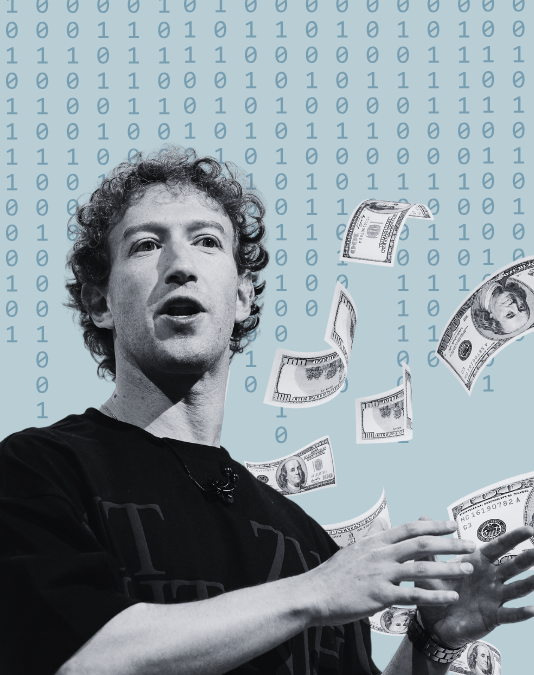
The United States and China are locked in a battle to dominate the global artificial intelligence landscape. Much of Silicon Valley assumes that if the U.S. wins that race, it will usher in an era of AI technologies that reflect democratic values and protect individual freedoms.
“The United States must pursue decisive technical superiority fueled by a vision for American AI that advances democratic values and global development,” said a recent report from the Center for a New American Security.
But the calculus might not be that simple.
The Chinese government has a long history of spying on its own people, cracking down on free speech, and violating international norms in both warfare and diplomacy–and American claims to be different. Yet, despite President Trump’s executive order purporting to clear “a path for the United States to act decisively to retain leadership in AI, rooted in free speech and human flourishing,” the early days of his administration suggest that the line between China and the U.S. may no longer be as sharply drawn.
In May, the Trump administration contracted the AI-backed data processing firm Palantir to collect data on all Americans, which could be used to crack down on everyone from political dissidents to immigrants.
To help reach its ambitious deportation quotas, the administration has used AI technology like facial recognition to make arrests, and it has argued against the constitutional right of due process and activated thousands of troops in California with a promise to “liberate” the state from its duly elected government. The administration has also used AI to review the public speech of immigrants at universities and revoke thousands of student visas.
The Pentagon increasingly is partnering with AI companies to help create “frontier AI” projects. Even under former President Joe Biden’s administration, the Defense Department increased its use of AI on the battlefield, which worried ethics experts.
Now the Pentagon is led by Defense Secretary Pete Hegseth, who has previously defended torture by the American armed forces, publicly campaigned for the pardon of three service members accused of war crimes, and in Senate testimony during his confirmation hearing lamented about “restrictive rules of engagement” during the Global War on Terror and how lawyers were “getting in the way” of military effectiveness.
While China has a clear history of using new technology to reinforce its authoritarian government, these days there is also a distinct scent of authoritarianism floating in the air in Washington D.C. The assumption that an American-led AI market will produce freedom-loving AI bots, seems to fall significantly short of reality.
—Philip Athey

IP theft:
Top IP takeaways:
- Disney and NBC have joined the growing number of companies filing lawsuits against generative AI companies.
- The companies claim their intellectual property was stolen and used to train the AI models that are now worth billions. With legislatures around the world slow to pass AI-specific intellectual property regulations, courts are likely to become the primary arbiters of how the law applies to the new technology.
Getty Images and Stability AI face off in British copyright trial that will test AI industry: Getty accused the AI firm of unlawfully using millions of its images to train its Stable Diffusion model, arguing that the case represents a clear infringement of intellectual property rights. (The Hill)

